Can a Scientific Council Transform FE? DfE Unveils New Science Advisory Council
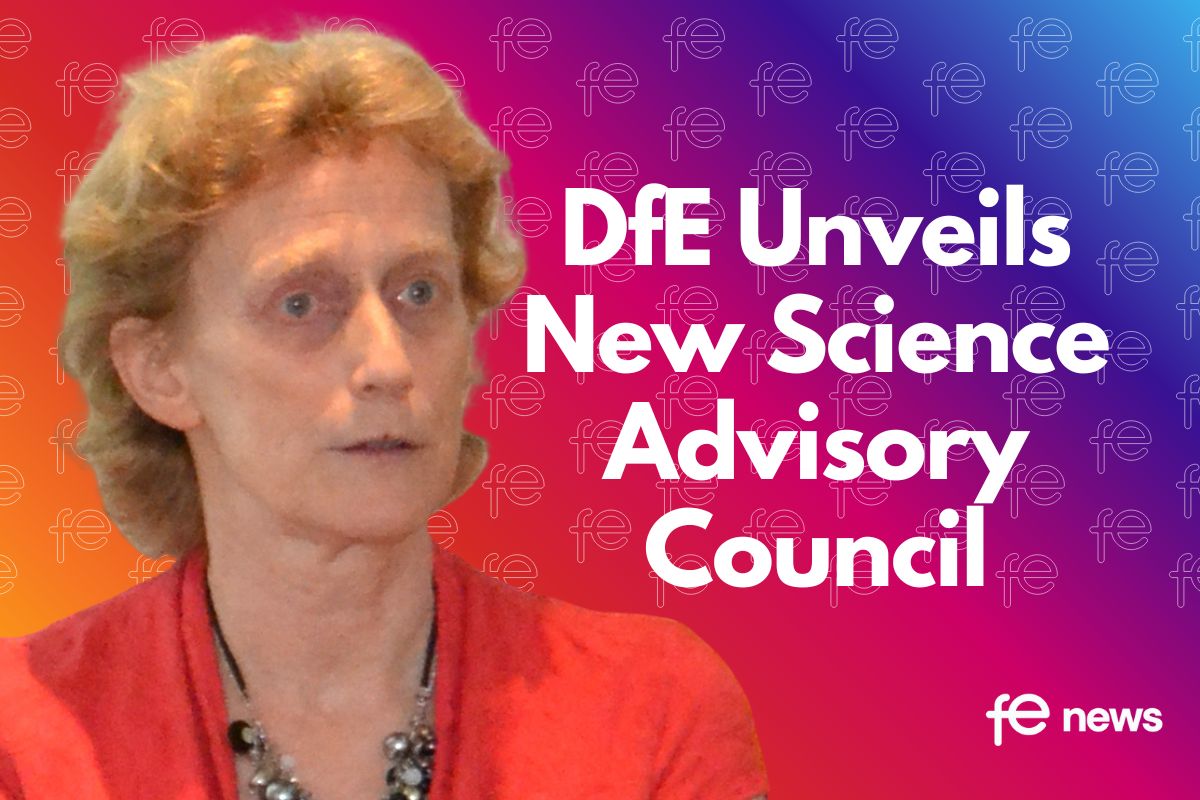
- New team of experts to provide the latest scientific advice across a range of specialisms to support the department’s work.
- Science Advisory Council, led by Prof Dame Athene Donald as chair, will hold first meeting on October 31.
- Council will give advice and challenge on areas including Special Educational Needs and Disabilities (SEND), mental health support, infectious disease prevention, sustainable school estates and education technology.
A panel of scientific experts is set to provide education policy makers with advice on strategic and emerging issues through a new Science Advisory Council, the Department for Education announced today (Thursday 17 October).
Professor Russell Viner, the Department for Education’s Chief Scientific Adviser, has established a team of 12 experts with a range of specialisms to ensure access to the best and latest scientific advice – helping the department’s work to break down the barriers to opportunity by protecting children and ensuring the delivery of higher standards of education, training and care.
Led by Professor Dame Athene Donald as chair, the independent panel will provide scientific advice to the Department for Education on matters relevant to its policy and operations. This will include areas such as early identification and support of children with Special Educational Needs and Disabilities (SEND), mental health support, online harms prevention, a sustainable and secure school estate and Artificial Intelligence and education technology.
The Council will also work with the Chief Scientific Adviser to identify and share emerging scientific trends with officials and facilitate effective links between the department and the wider scientific community.
Professor Russell Viner, Chief Scientific Adviser at the Department for Education, said:
“We are the department for opportunity, working to deliver better life chances for all – and that means being at the forefront of cutting-edge scientific evidence to ensure we are doing everything we can to break the link between background and success.
“We must keep pace with technological and scientific advancements if we are to deliver the highest standards for the people we serve. Science alone can’t address the challenges the department faces – but it can inform robust, evidence-informed decision making.”
Chair Professor Dame Athene Donald, Professor Emerita of Experimental Physics and former Master of Churchill College, University of Cambridge, will be supported by Deputy Chair, Professor Mark Mon-Williams. Mark is the Chair of Cognitive Psychology at the University of Leeds and the Founder Director of the Centre of Applied Education Research.
The other ten members have expertise in fields including economics, social science, statistics, operational research and engineering, physical and life sciences, ethics, and data science. Between them they have worked on studies looking at school health interventions, the impact of AI on learning, how digital technologies affect adolescent mental health, how childhood circumstances influence child development and early interventions.
Plenary meetings will be held quarterly and will include attendance by the Chief Scientific Adviser, a non-executive board member and other relevant officials. Smaller, task-relevant meetings and workshops will occur as needed in response to departmental requests and needs.
By Fnorman-london – This file has been extracted from another file, CC BY 3.0,



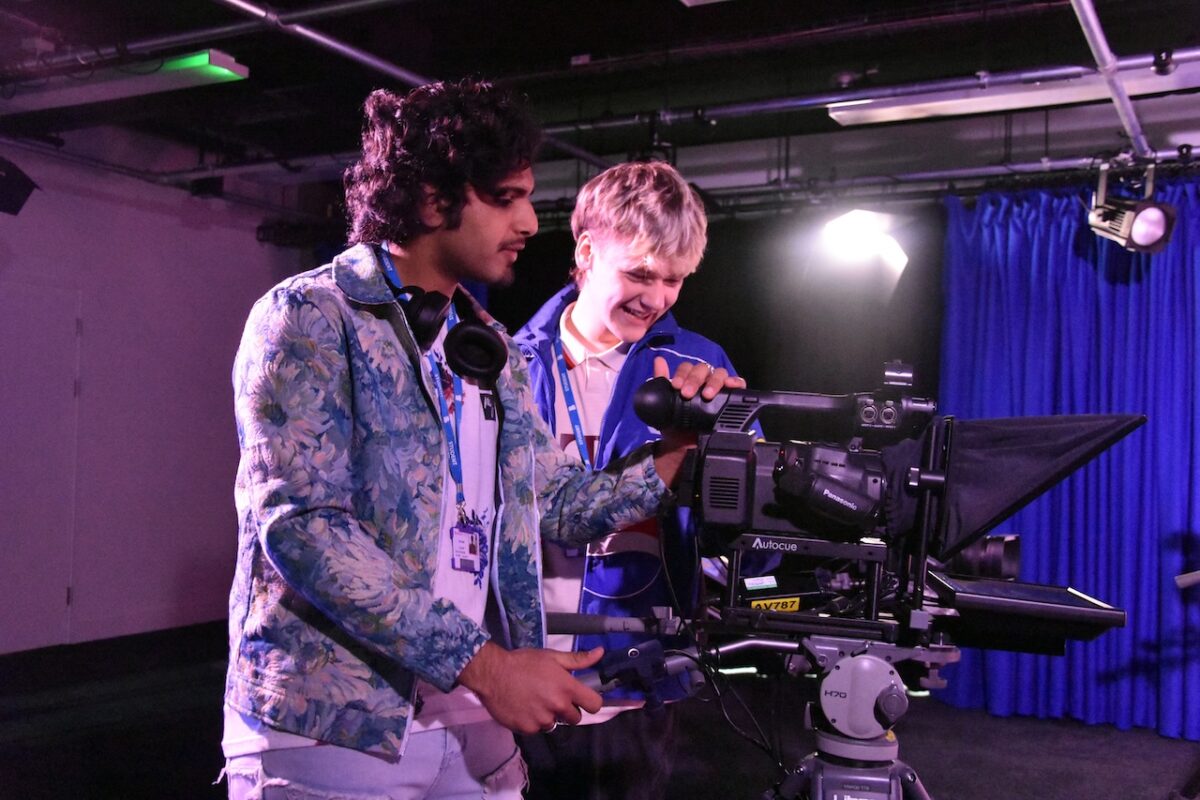
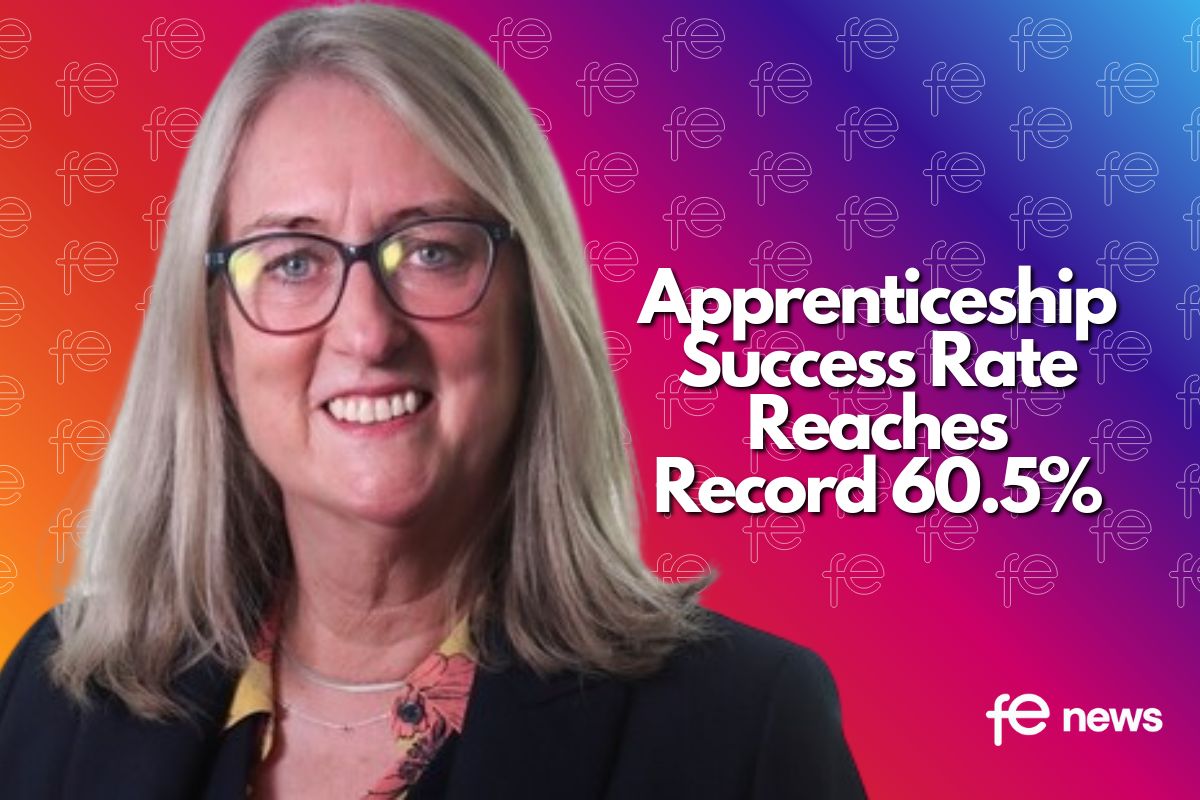

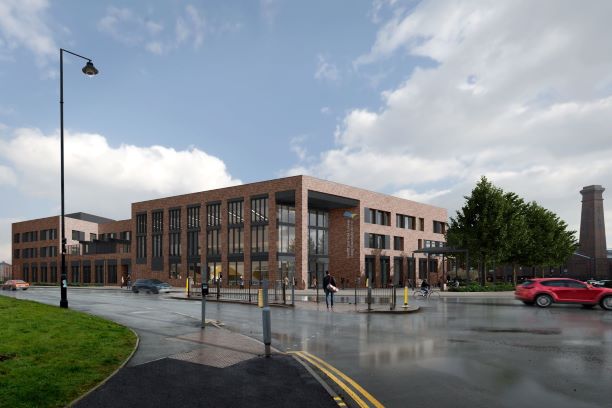
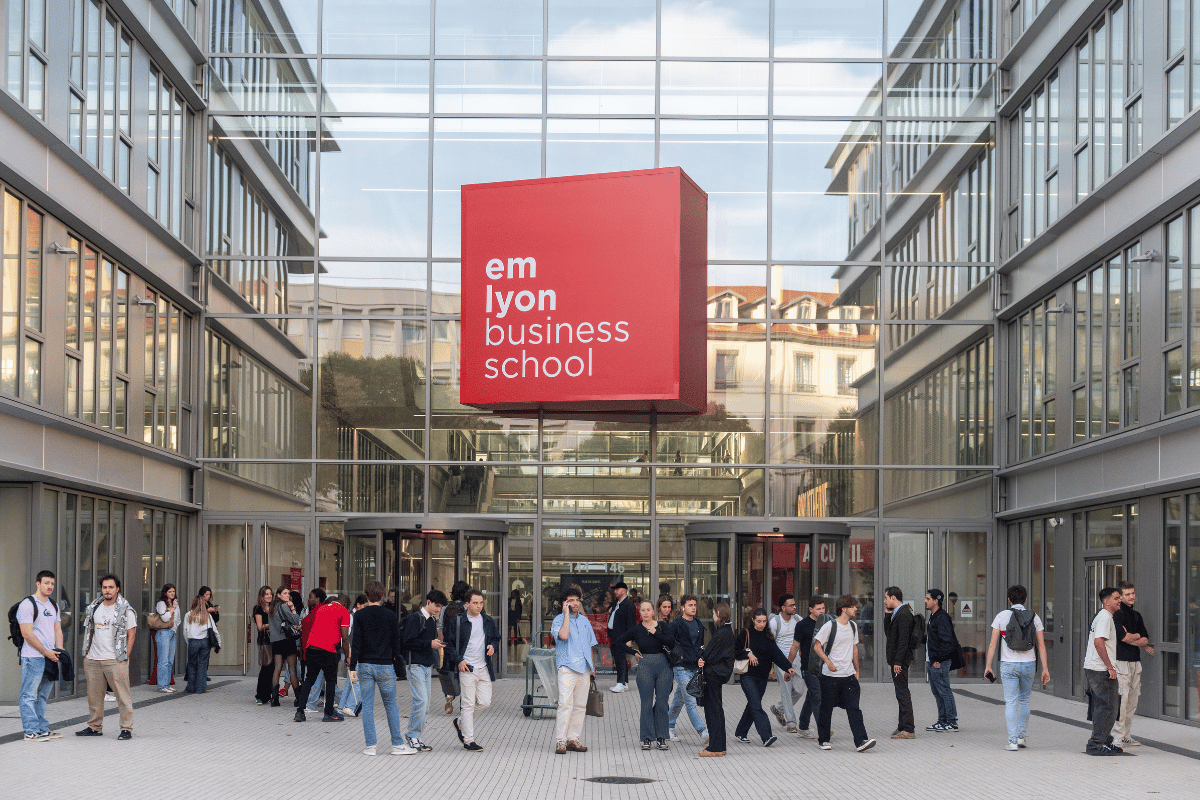
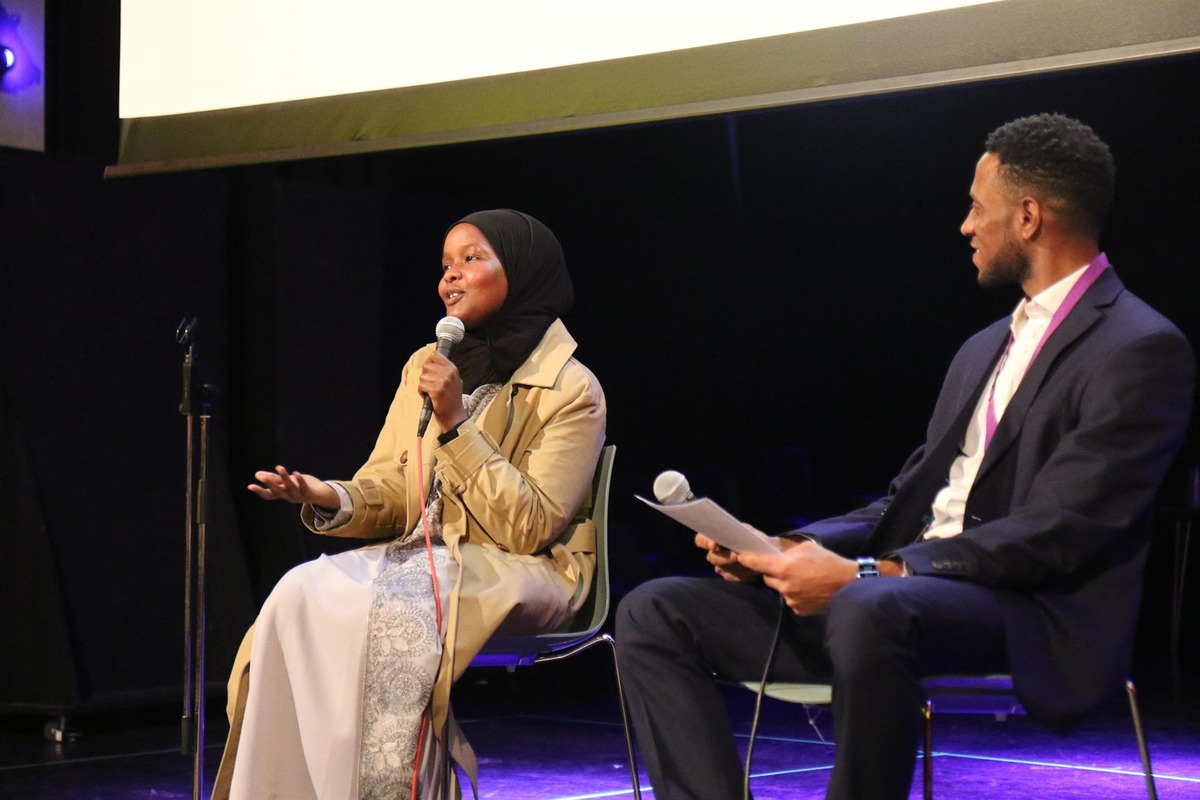


Responses